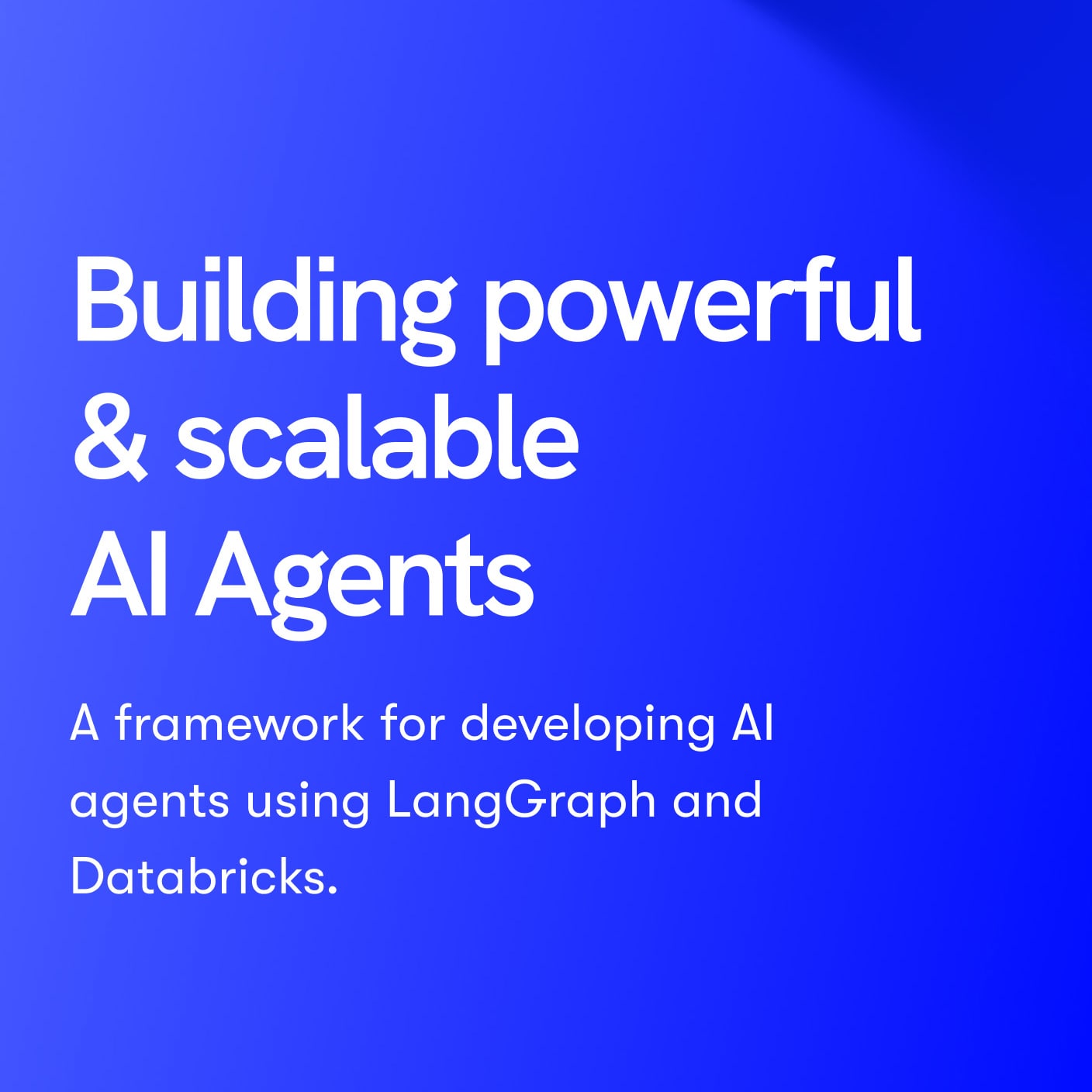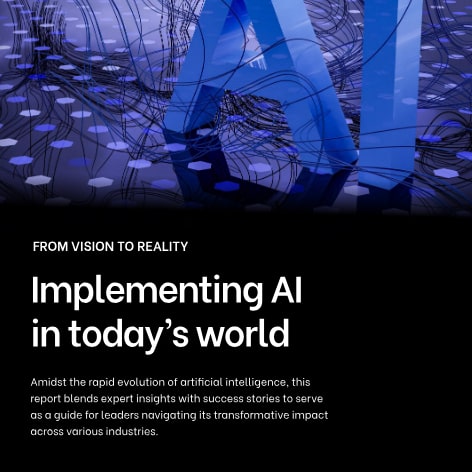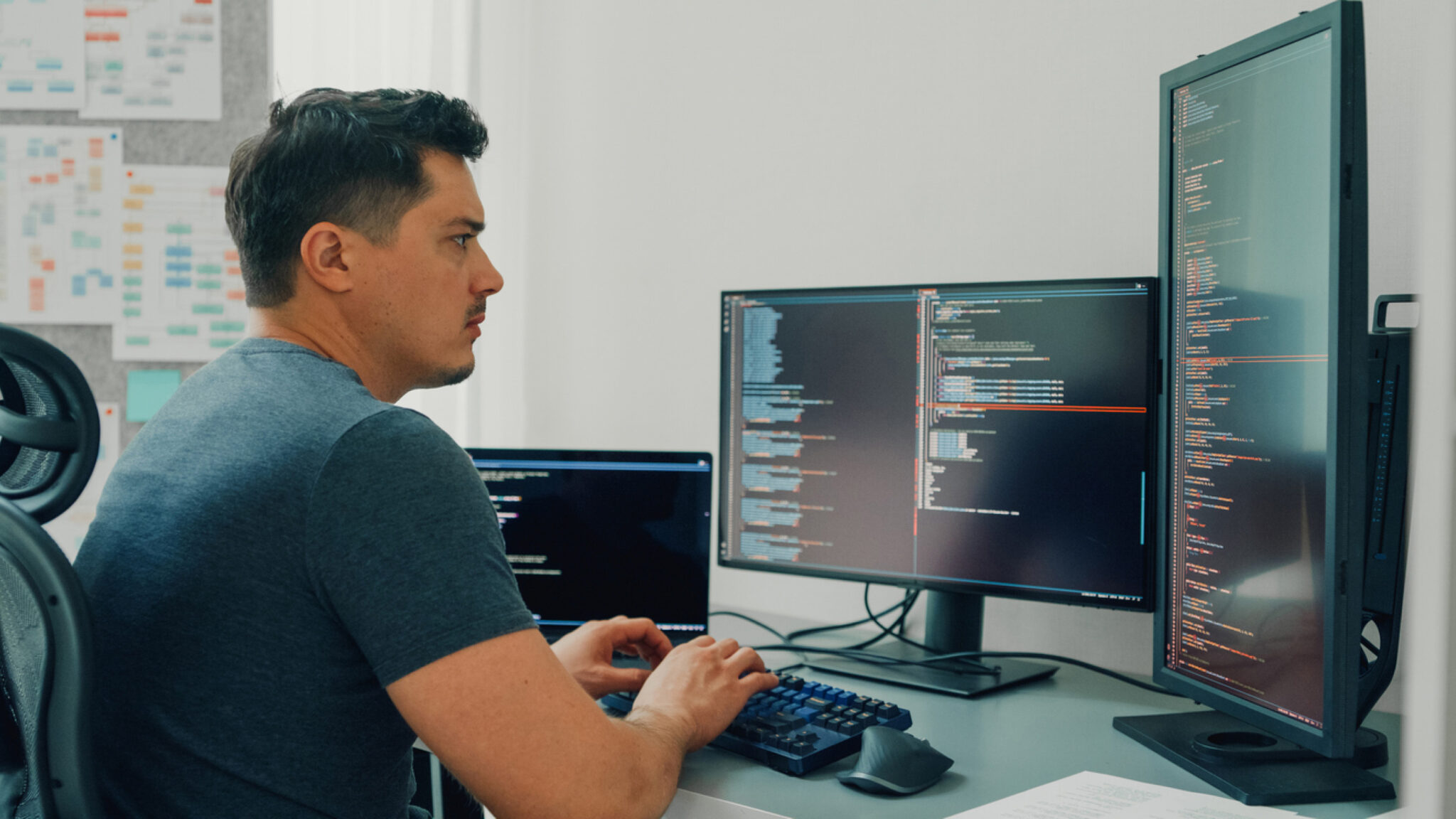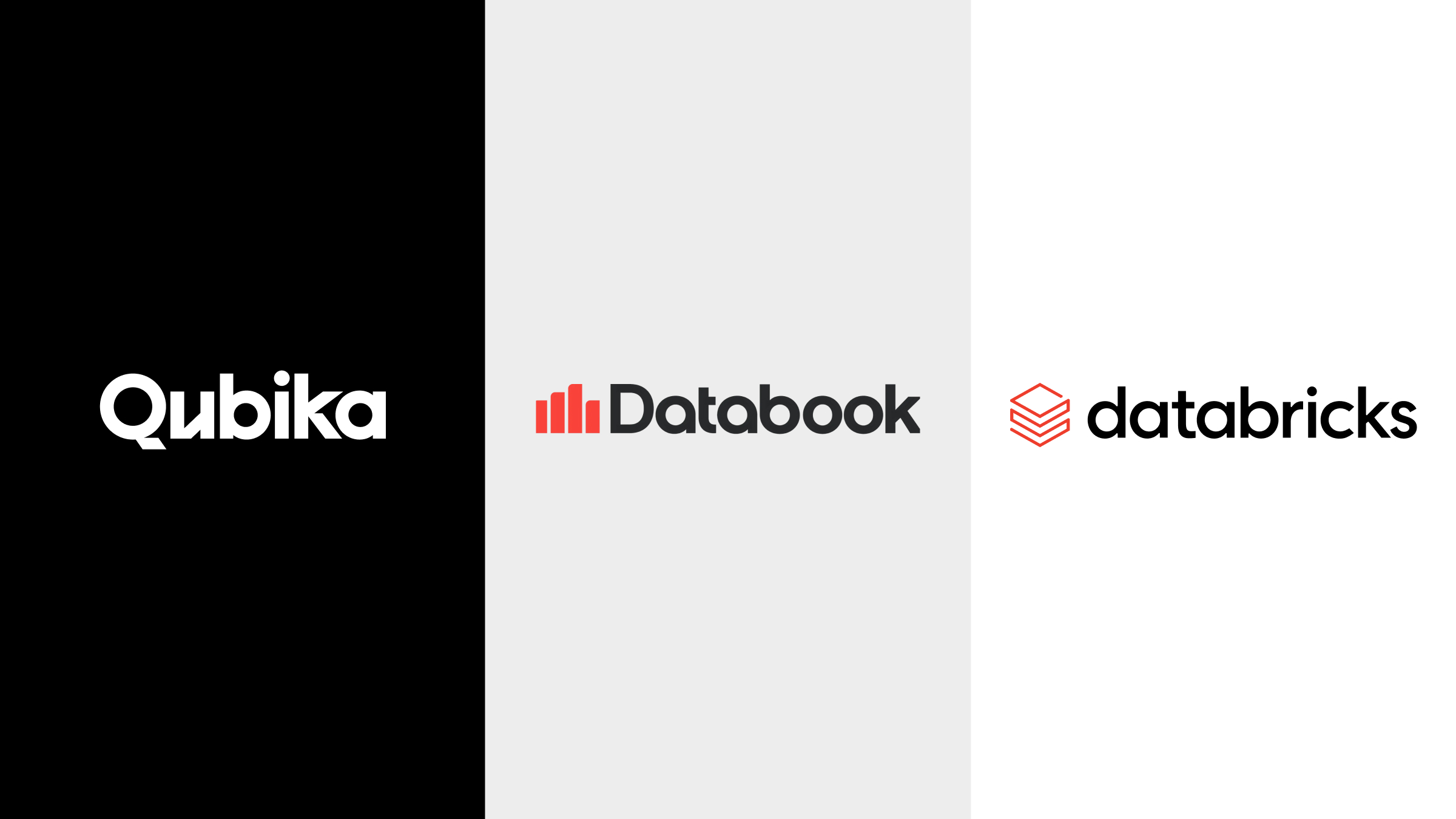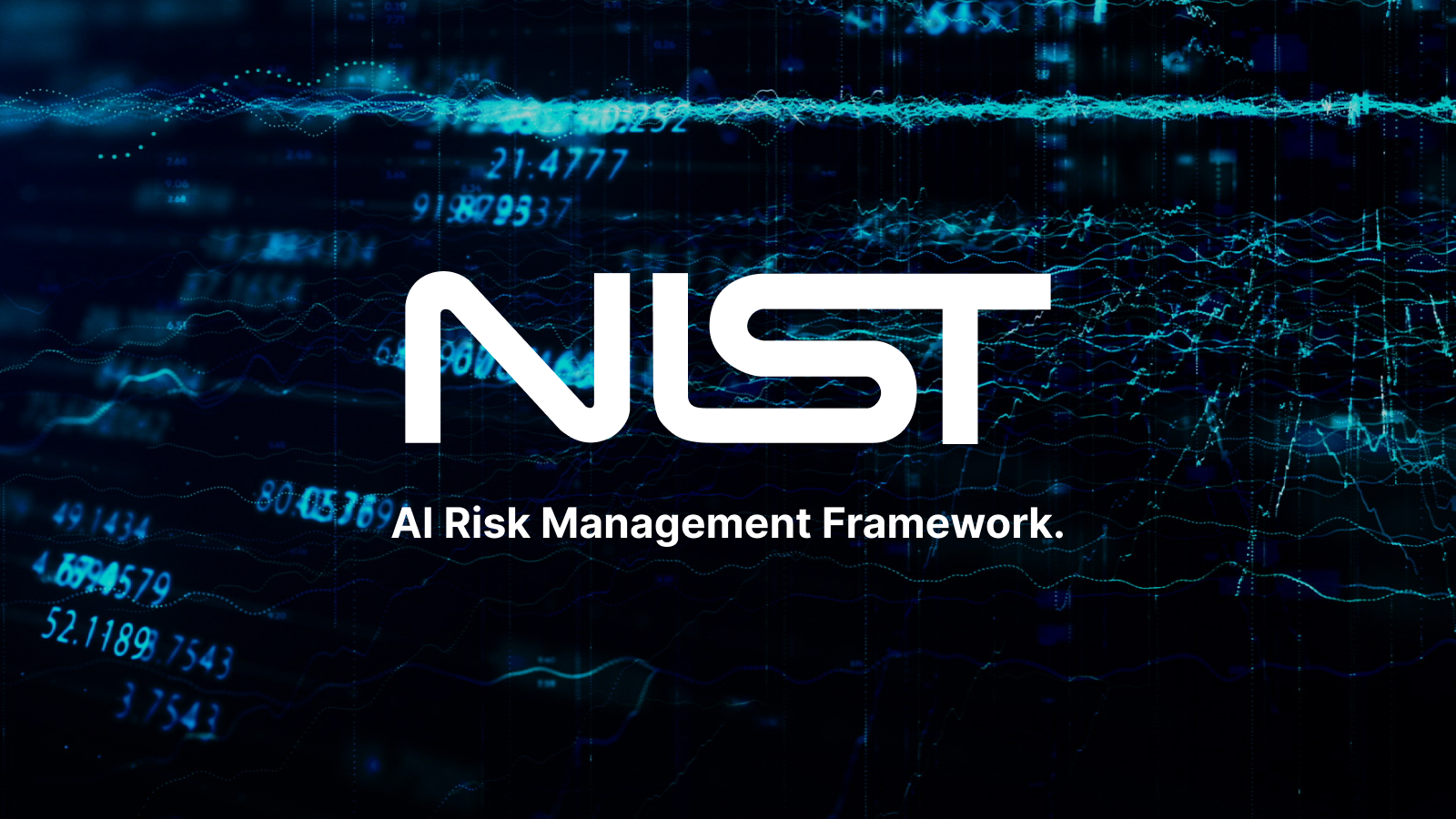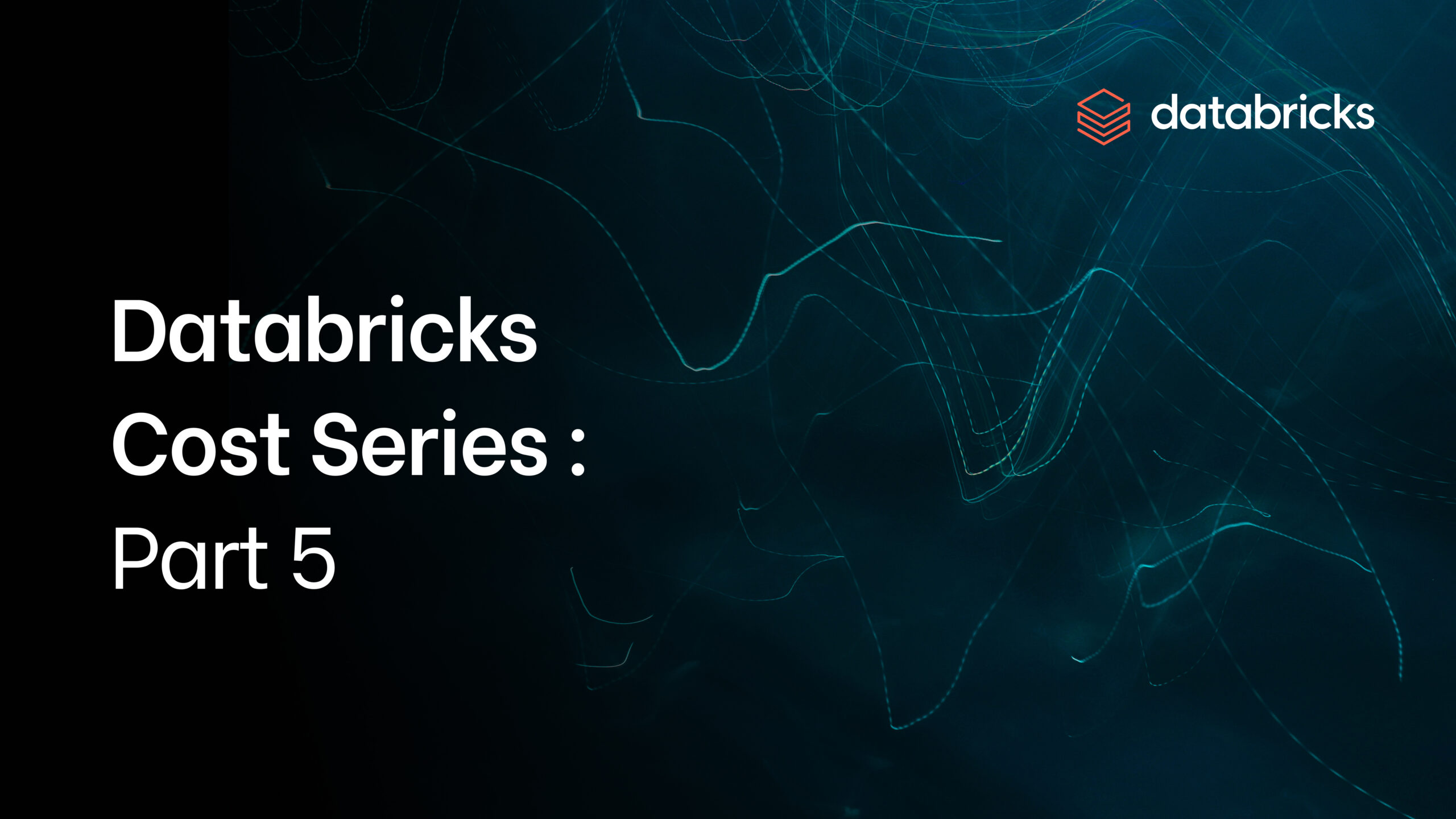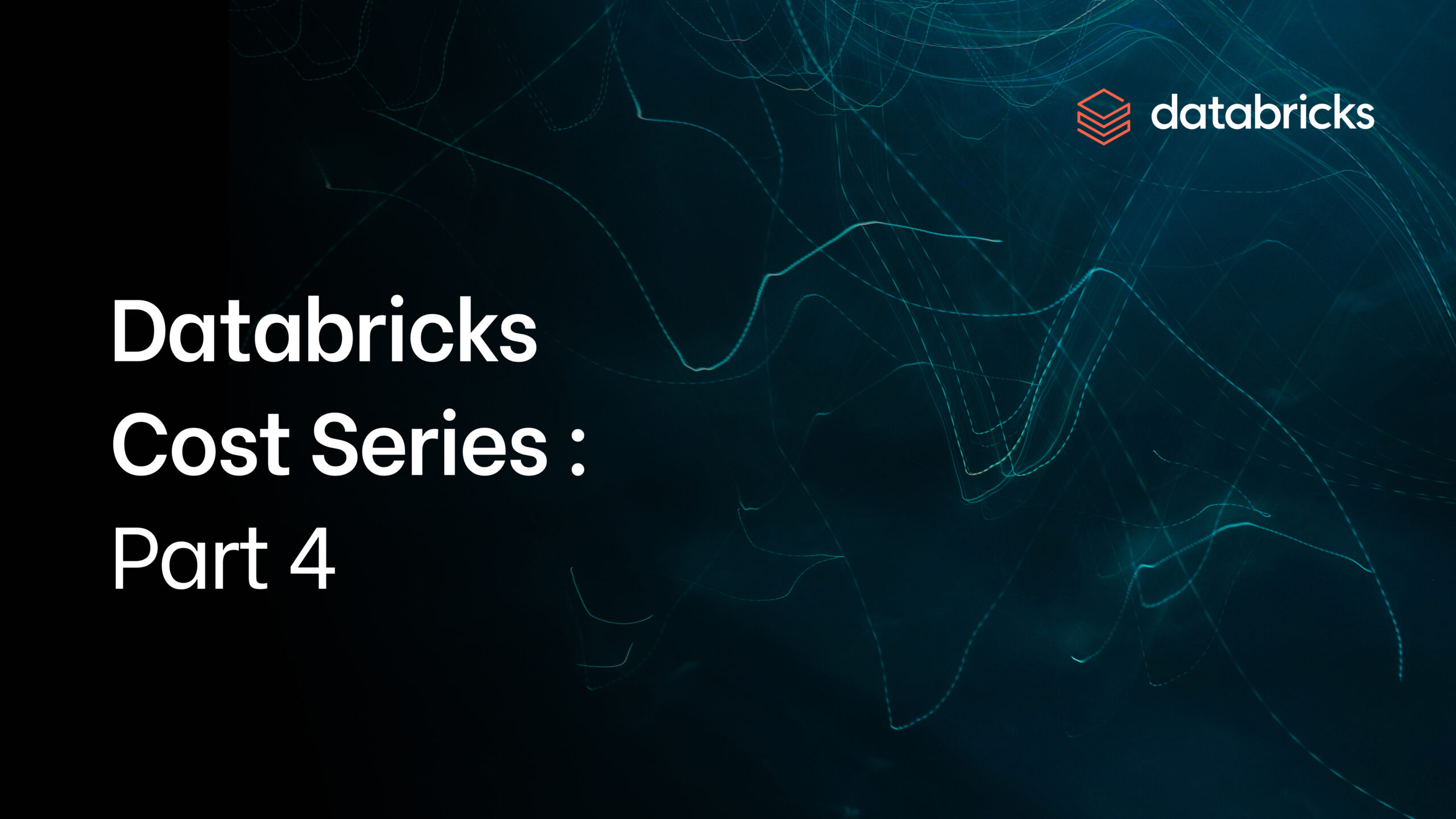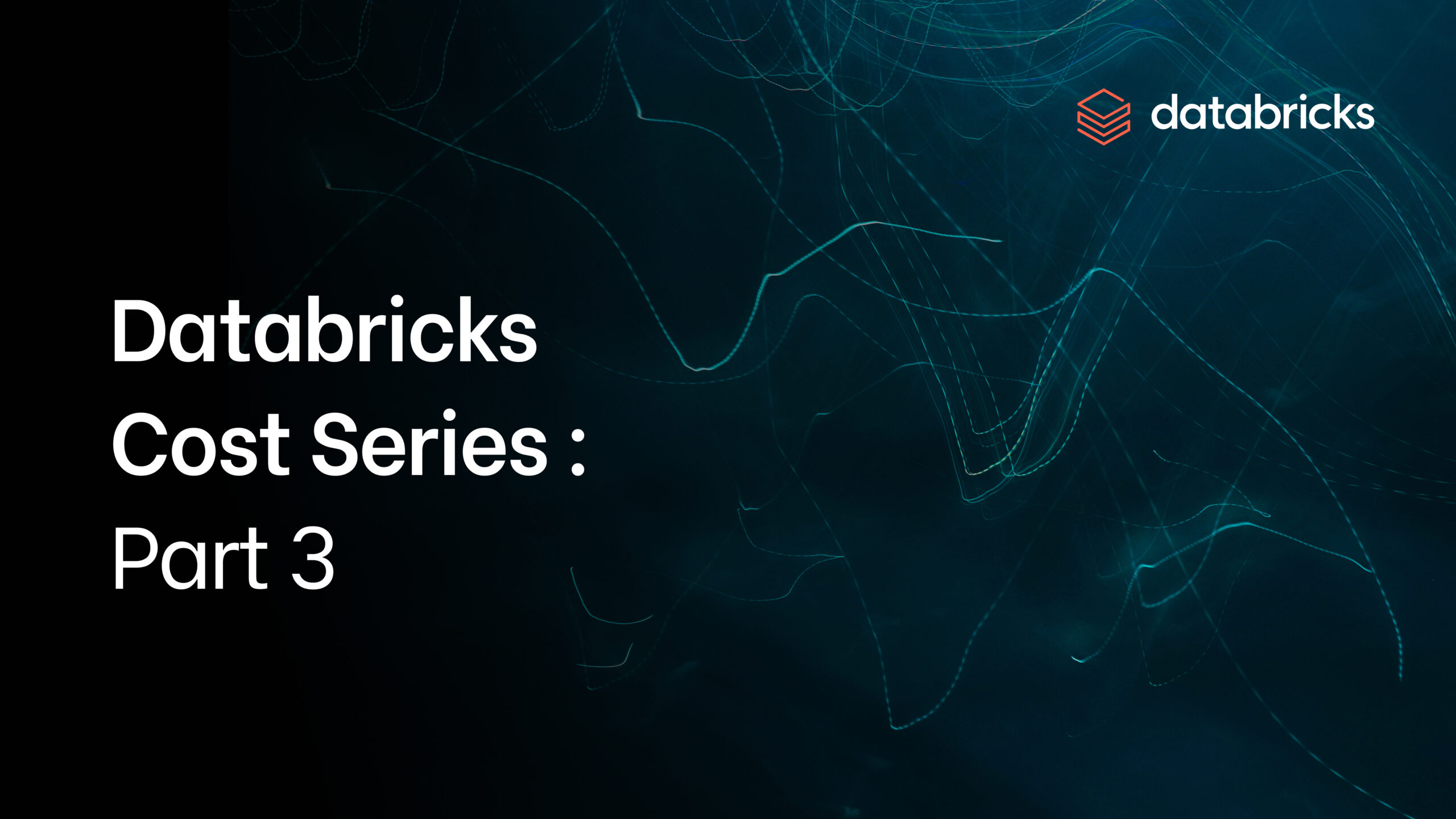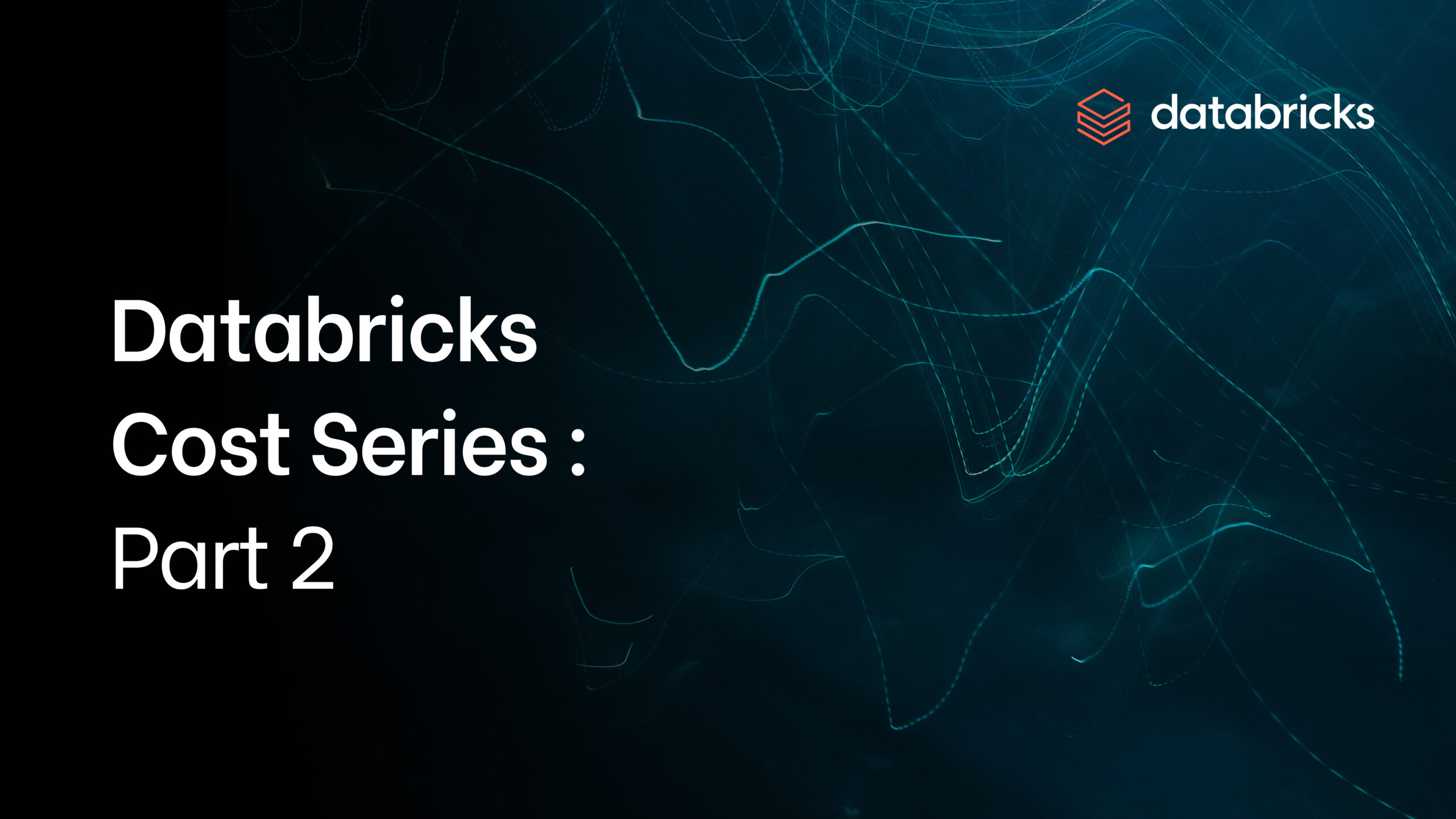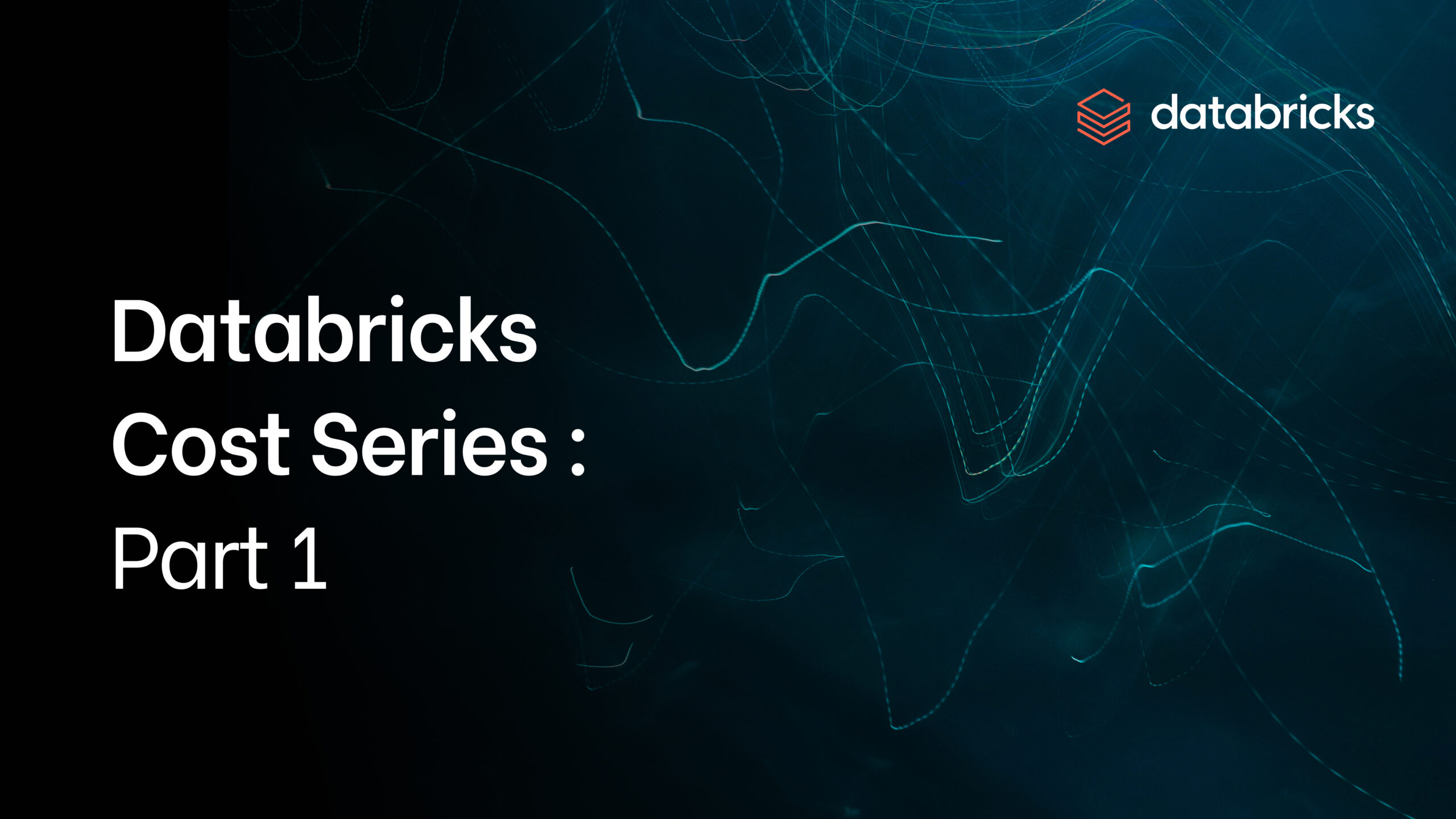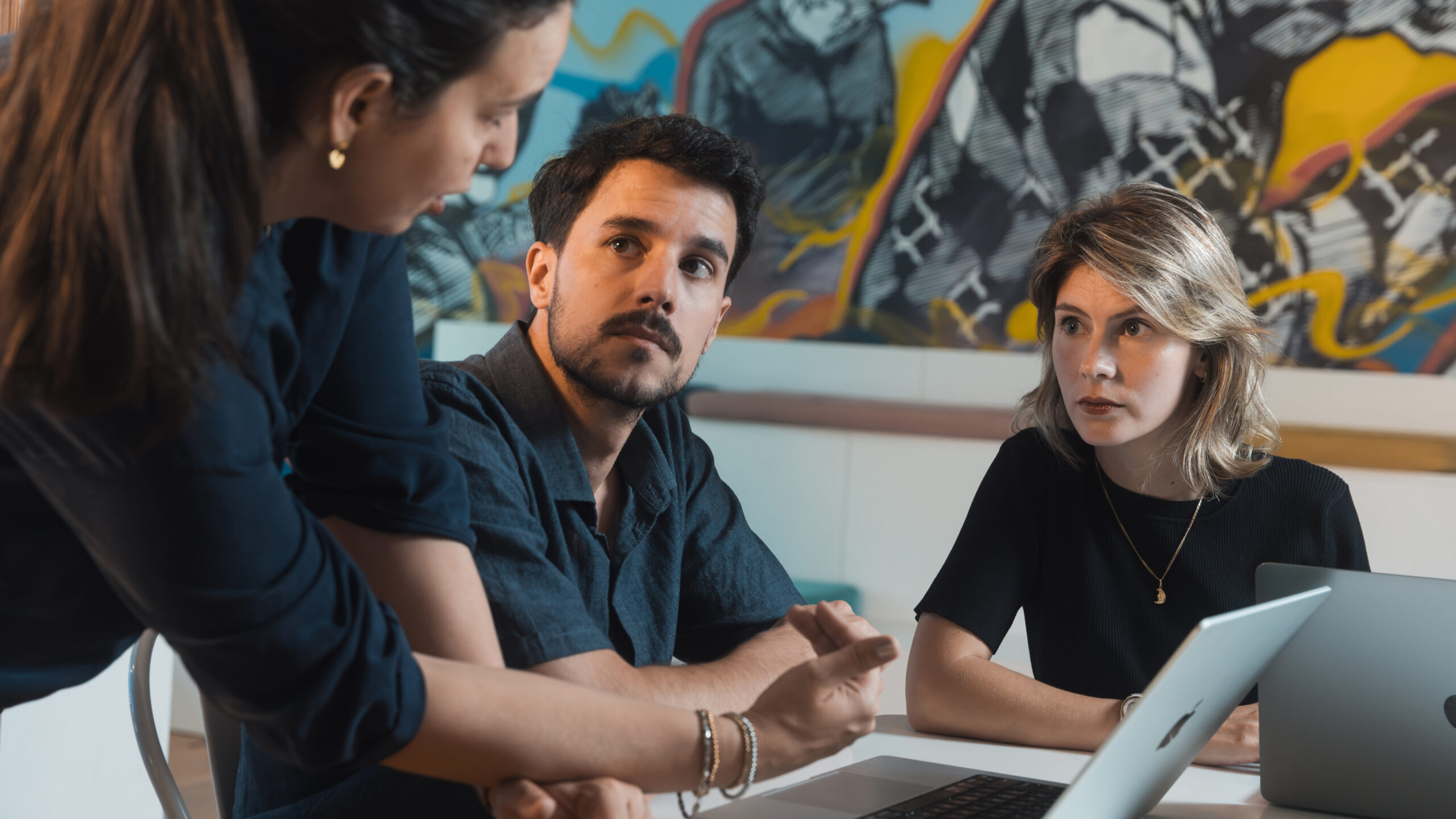Why Fintech Projects Offer Incredible Growth Opportunities and Challenges
In my recent professional journey, I’ve been immersed in the fintech space. Fueled by rapid technological innovation and increasing access to financial tools, the finance and fintech sectors continue to experience exponential growth.
The company I currently work for could broadly be described as a digital wallet. From my experience within this organization, I believe that joining large, fast-paced projects can be an incredible opportunity to expand your knowledge and grow as a professional. However, if approached incorrectly, it can also become a stressful or frustrating experience.
Key Considerations
Fintech companies that manage customer funds must meet strict standards in terms of security, ethics, and regulatory compliance. All employees are required to complete ongoing training and assessments in areas such as:
-
ADA Compliance: Ensures that people with disabilities can access services without discrimination.
-
BSA/AML Compliance: Focuses on anti-money laundering and anti-terrorism financing practices.
-
UDAAP: Refers to unfair, deceptive, or abusive acts or practices — a cornerstone of consumer protection in the U.S. financial sector.
These training sessions are often mandatory, time-sensitive, and graded.
Tools and Technologies
Here are some of the tools I had to learn or deepen my knowledge in. Transitions are shown with “→”:
-
Detox
-
Supertest
-
Vitest
-
Cypress → Playwright
-
Flipper → Reactotron
-
React Dev Tools
-
Postman → Bruno
-
Moonrepo
-
Test Mocking
-
Wiremock
-
Datadog
-
GitLab
-
Copilot and Cursor
-
Testmo
Keys to Success
To make sense of everything, I’ve organized my practical advice into two categories:
-
Soft Skills
-
Technical Skills
Both are essential — but the human side comes first. You could be the world’s top expert in architecture, JavaScript, or QA — but if you can’t manage the interpersonal side of work, your impact will be limited.
Soft Skills
Build Healthy Relationships
At the core of every project are the people. Every action you take should contribute to building trust and value in your relationships.
Ask yourself often: “Am I building something meaningful with this interaction?”
Communication
-
Speak up when in doubt.
-
Raise issues through the proper channels.
-
Schedule regular 1:1s — even with people outside your immediate team.
Stress Management
-
Take a pause when overwhelmed.
-
Talk to trusted colleagues inside the project — they may even offer technical guidance.
-
Talk to someone outside the project — an outside perspective can be surprisingly helpful.
Sense of Urgency
-
Prioritize smartly — talk to stakeholders to determine what matters most.
-
Focus on one task at a time — multitasking sounds great but can hurt clarity and mental health.
Know Your Strengths and Weaknesses
Be honest with yourself.
If you’re a great communicator but struggle with planning, take time to build that skill instead of defaulting to what you’re already good at.
Technical Skills
Don’t Neglect the Basics
Solid foundations in testing principles, OOP, and clean code are non-negotiable.
If you’re lacking in any of these areas, prioritize closing those gaps immediately. This aspect becomes even more critical in the context of the trend toward AI. Tools like Cursor and Copilot are extremely helpful, but we need a solid foundation to use them properly.
Learn Beyond the Project
Sometimes tools are used in very specific ways within a project. External learning (courses, tutorials, guides) gives you perspective — and the ability to recommend improvements or optimize usage.
Stay Flexible — Not Married to Tools
Don’t “fall in love” with any single technology.
Each tool should add value to your general knowledge — not limit it. Your mindset should be one of continuous growth, both human and technical.
Conclusion
In this kind of environment, you have two paths. The good news? You get to choose.
You can see it as a stressful, chaotic journey — or as a challenge that will teach you, grow you, and even bring moments of joy.
If you apply some (or all) of the tips in this article, I truly believe that — with patience and intention — what seems like an impossible road can become a deeply rewarding experience.

